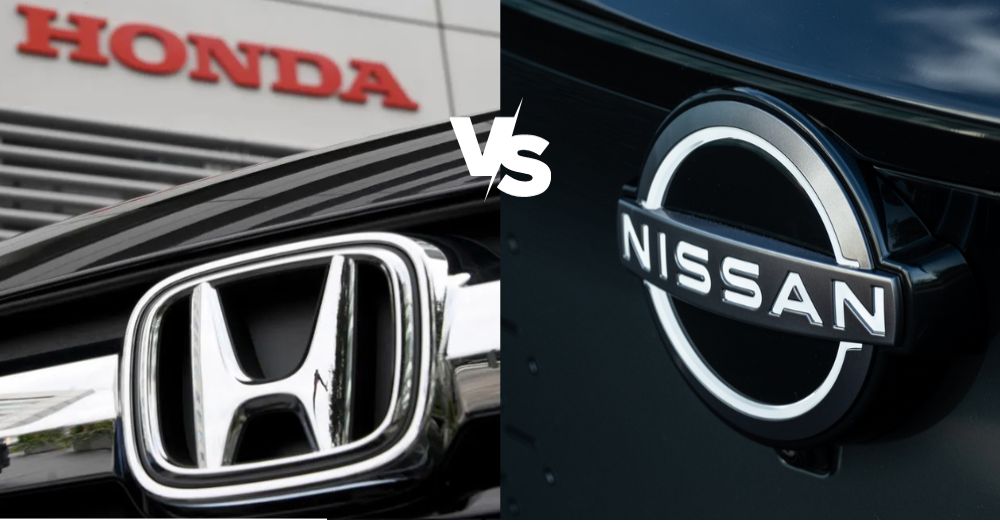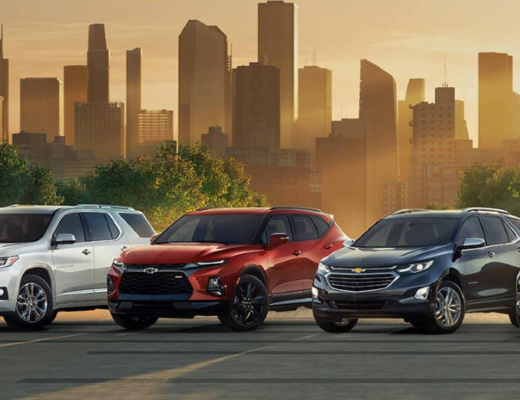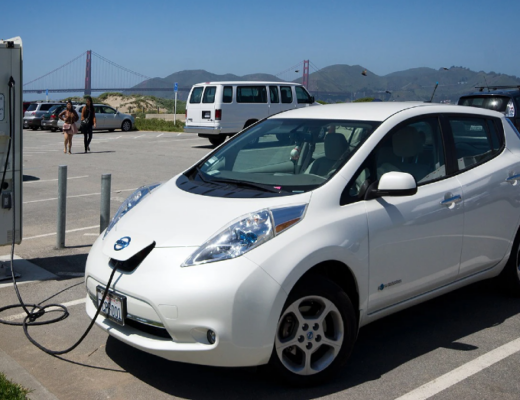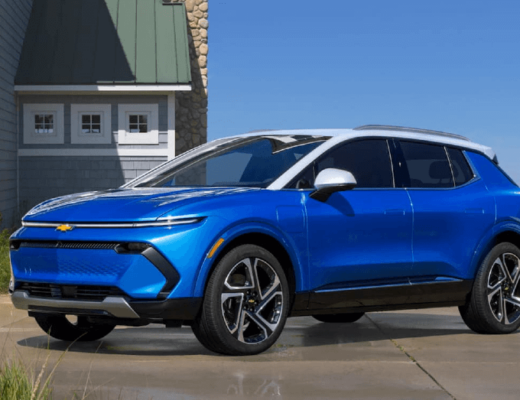The automotive world has been watching closely as Honda, Nissan, and Mitsubishi explored the possibility of a major partnership that could have reshaped the industry. However, those talks have officially come to an end. While the proposed merger between Honda and Nissan would have created the world’s third-largest automaker, recent announcements confirm that the companies have decided to go their separate ways. This is the case, at least when it comes to full integration. Both automakers have agreed to continue collaborating on software and electrified vehicles.
Why the Partnership Fell Apart
The discussions began with a memorandum of understanding (MOU) signed in December 2024, originally aimed to unite Honda, Nissan, and Mitsubishi under a single holding company. The goal was to leverage shared resources, reduce costs, and streamline the development of next-generation vehicles, including full-size SUVs and electric models.
It appears that internal disagreements reportedly led to the talks’ collapse. Several sources suggest that Honda approached the merger with a take-it-or-leave-it strategy, proposing an acquisition rather than an equal partnership. Nissan executives felt the offer undervalued their company and ultimately rejected the terms.
While neither company has publicly detailed the reasons behind the failed talks, reports indicate that leadership differences and financial concerns played a role.
The Impact on Future Vehicle Development
One of the most anticipated outcomes of the Honda-Nissan partnership was the potential for shared vehicle platforms, particularly in the SUV and electric vehicle segments. As recently as January, Honda hinted that the collaboration might allow it to enter the full-size SUV market, possibly through a joint project with Nissan.
With the merger now off the table, those plans are uncertain. However, Honda and Nissan have confirmed that they will still work together in two key areas:
- Electrification: The two brands will continue sharing research and development efforts in EV technology, helping each other remain competitive in a rapidly shifting market.
- Software Development: As modern vehicles become more reliant on digital systems, both companies will collaborate on automotive software, including infotainment, driver assistance, and connected vehicle technology.
This limited partnership suggests that, while the companies couldn’t agree on a full merger, they still recognize the benefits of pooling resources to stay ahead in the electric and autonomous vehicle race.
Looking Ahead
While the merger between Honda and Nissan is officially off the table, their commitment to software and electrification collaboration keeps the door open for future joint projects. Both companies recognize the immense costs and challenges associated with transitioning to an electric future, and this partnership may still offer benefits.
For now, the automotive world will watch closely to see how Honda and Nissan handle the new market separately. As competition in the EV space intensifies, the decisions they make in the coming years will determine whether breaking off merger talks was a misstep or a necessary move toward stronger, independent growth. Time will tell.




